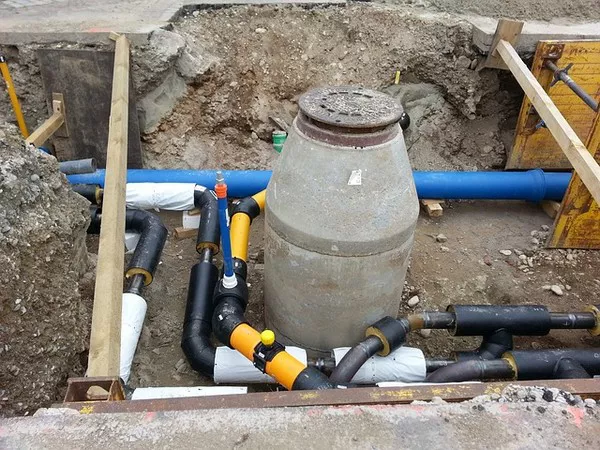In the global pursuit of sustainable development, wastewater management emerges as a critical aspect that demands unwavering attention. The discharge of untreated wastewater poses severe threats to both the environment and public health, necessitating robust treatment processes. This article delves into the reasons why treating wastewater before discharge is of paramount importance, emphasizing the far-reaching consequences of neglecting this crucial step.
Environmental Impact
Untreated wastewater, laden with various pollutants and contaminants, can wreak havoc on ecosystems and biodiversity. When released into water bodies, it introduces harmful substances such as heavy metals, pathogens, and nutrients that disrupt the delicate balance of aquatic environments. The accumulation of these pollutants can lead to the degradation of water quality, harming aquatic life and jeopardizing entire ecosystems.
Excessive nutrients, such as nitrogen and phosphorus, from untreated wastewater can trigger algal blooms. These blooms deplete oxygen levels in water bodies, creating “dead zones” where marine life struggles to survive. The consequences extend beyond the immediate vicinity of discharge, as pollutants can travel through water systems, affecting downstream areas and even reaching coastal regions.
By treating wastewater before discharge, we can significantly reduce the environmental impact, preserving the integrity of water bodies and safeguarding biodiversity. This proactive approach aligns with global efforts to achieve sustainable development goals and protect our planet for future generations.
Protection of Public Health
The discharge of untreated wastewater poses a direct threat to public health by contaminating drinking water sources. Pathogens present in untreated sewage, including bacteria, viruses, and parasites, can cause waterborne diseases such as cholera, dysentery, and gastroenteritis. Communities relying on contaminated water sources face heightened risks of illness and, in severe cases, widespread outbreaks.
Treating wastewater effectively removes or neutralizes these pathogens, ensuring that discharged water does not become a vector for waterborne diseases. This preventive measure is crucial for safeguarding public health, especially in regions where access to clean water is already a challenge.
Legal and Regulatory Compliance
Many countries and regions have established stringent regulations governing the discharge of wastewater to protect the environment and public health. Compliance with these regulations is not only ethically imperative but also legally binding. Failure to treat wastewater adequately before discharge can result in severe penalties, fines, and legal consequences for industries and municipalities.
Adhering to regulatory frameworks promotes responsible environmental stewardship, encouraging the adoption of advanced wastewater treatment technologies and best practices. By complying with these standards, industries contribute to the overall well-being of communities and ecosystems while avoiding legal repercussions.
Resource Conservation and Reuse
Wastewater, if treated properly, can be a valuable resource rather than a liability. Treated wastewater, known as effluent, can be safely reused for various non-potable purposes, such as irrigation, industrial processes, and even certain types of recreational activities. Embracing water reuse practices helps alleviate the pressure on freshwater resources, particularly in regions facing water scarcity.
Effluent from wastewater treatment plants can also be further treated to meet drinking water standards, offering a sustainable solution to augmenting water supplies. Adopting such practices promotes a circular economy, where water is treated as a finite resource that can be conserved and reused, aligning with the principles of sustainable development.
See Also What Does Sewage Treatment Plant Do
Conclusion
In conclusion, the importance of treating wastewater before discharge cannot be overstated. From mitigating environmental impact and protecting public health to ensuring legal compliance and promoting resource conservation, wastewater treatment stands as a cornerstone of responsible and sustainable water management practices. As we navigate the challenges of a rapidly changing world, prioritizing the treatment of wastewater emerges not only as a necessity but as a collective commitment to building a cleaner, healthier, and more sustainable future for generations to come.

